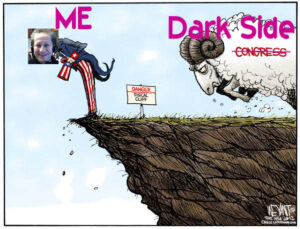Originally posted 2012-07-16 21:35:31.
 What we are doing in the Second Phase Activators Course, right now, is digging for the root cause of our issues.
What we are doing in the Second Phase Activators Course, right now, is digging for the root cause of our issues.
Students are having a hard time with this exercise.
Why? because the root cause, in our case, the default name we’ve given to ourselves, is horrible. The emotional anguish associated with the default name is near unconfrontable.
Most of us invented a way to compensate for the horror of that name to fix ourselves.
The problem is: there is nothing to fix. The original, default name isn’t true.
Today I recalled an Israeli movie I saw some time ago, ‘Bonjour Monsieur Shlomi.’
It’s about a fledgling high school student. She takes care of everyone in her family, does the cooking, baking, etc.
No one pays any attention at him, he is everyone’s favorite imbecile.
He talks little, listens a lot.
One day, at a written math exam, he walks out in the middle of the exam and throws his exam sheet in the garbage…
The teacher, substitute teacher who doesn’t “know” Shlomi, fishes out the exam sheet. All the problems were solved perfectly. In a few minutes time.
The teacher goes to the principal and the send Shlomi to an examination. Turns out he is a genius.
His family goes through a major upheaval but then they accept the “verdict.” His life continues as the life of a genius.
Why am I telling you this story?
Because unless someone digs deep enough and precisely enough for the root, they won’t be able to look at it.
Incidents like this movie are not the rule, they are the exception.
Ugly ducklings that spend their whole lives being a good little duck, being useful, or acting out and becoming abusive themselves, are what we see in real life. No one ever dares to look and see if, by accident, a swan is who they are.
I was called stupid by my whole family. I was dyslexic and very near sighted. I also find it impossible to memorize anything, poems, formulas, anything.
My brain won’t accept anything put into it, I need to process it first, and most things don’t make it through.
So I was called stupid. As in “not like us.”
Continue reading “Digging for the root cause of our issues… maybe you have been an ugly duckling, unaware…”

 As difficult as dirty dishes can be, they’re even worse when you let them sit for a while. And the longer they sit, the harder they are to clean.
As difficult as dirty dishes can be, they’re even worse when you let them sit for a while. And the longer they sit, the harder they are to clean.











